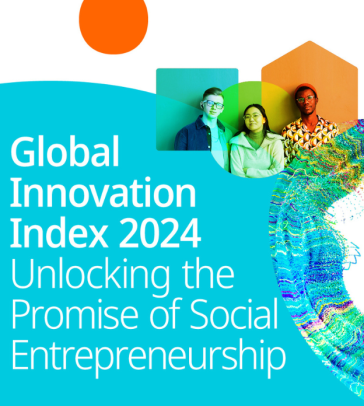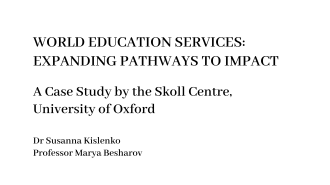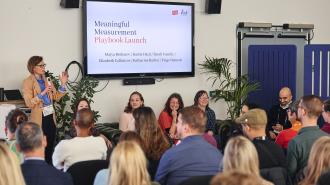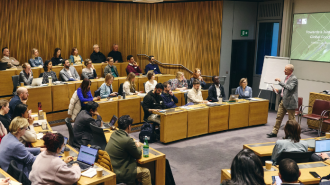The Skoll Centre and the World Intellectual Property Organisation Launch New Report on Social Innovation
Today, social entrepreneurship is a major economic and social force on the global stage with an estimated 10-11 million social enterprises contributing roughly $2 trillion to global GDP (Schwab Foundation for Social Entrepreneurship and World Economic Forum, 2024; British Council and Social Enterprise UK, 2022). These social enterprises share a common trait: they use innovation to create and scale impact, not just to drive financial performance.
A new report, ‘Unlocking the Potential of Social Enterprise’, for the first time takes a deep dive into how social entrepreneurs approach innovation and how changes in policy are needed to unlock the potential for these organisations to scale.
The report is a collaboration between the Skoll Centre and the World Intellectual Property Organisation (WIPO) and forms part of WIPO’s Global Innovation Index 2024, launched in Geneva on 26th September. It also sets out the state of social enterprise today and features case studies of fourteen leading social enterprises across different sectors and geographies and their specific approaches to innovation.
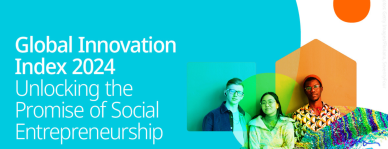
Marya Besharov, Professor of Organisations and Impact at Saïd Business School, University of Oxford, Skoll Centre Academic Director and joint author of the report, said: ‘Social entrepreneurs are recognised today for their ability to address mounting global social and environmental challenges that threaten lives and livelihoods.
Their success often lies in non-traditional approaches to innovation, and this report identifies the four main innovation pathways they use, brought to life by rich case studies of organisations working at the front lines of social change. A key insight from the report is the critical role of systems innovation, which involves shifting policy, engaging communities, supporting research and building networks – all in the service of achieving social or environmental change.
But there are still formidable barriers to overcome as existing innovation ecosystems are ill-equipped to support the local needs of social entrepreneurs, especially in developing regions. As this report sets out, by investing in supportive policies, education, infrastructure and financing, we can collectively unlock the full potential of social entrepreneurship to drive sustainable development on a global scale’.
Download the report here. Explore the social enterprise case studies here.
Join the Skoll Centre either online or in person in Oxford for our latest Insights for Action seminar and the UK launch of the 2024 Edition of the Global Innovation Index Report and its theme of Social Entrepreneurship. Skoll Centre Academic Director Professor Marya Besharov will be joined in conversation by key experts and social entrepreneurs who have contributed to the report to discuss their own experiences, and what this launch means for the field. Register for the event here.
Sign up for regular news from the Skoll Centre direct to your inbox here.
This report is a collaboration between The Skoll Centre and the World Intellectual Property Organisation.
